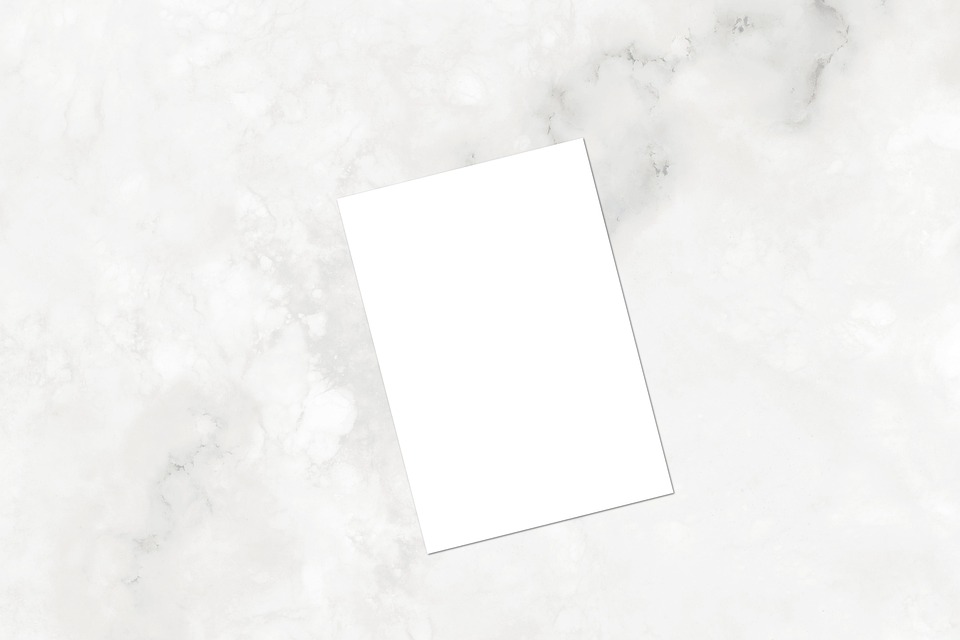10 Essential Tips for Hiring a Shopify Web Designer
In today’s digital landscape, having a well-designed and functional website is crucial for the success of any business. Shopify, a popular e-commerce platform, has gained immense popularity due to its user-friendly interface and powerful features. However, creating a visually appealing and effective Shopify website requires the expertise of a skilled web designer. If you’re in the market for a Shopify web designer, here are 10 essential tips to help you make the right choice.
1. Define Your Goals:
Before beginning your search for a Shopify web designer, it’s important to clearly define your goals and objectives for your website. Are you looking to increase sales, improve user experience, or create a unique brand identity? Having a clear vision will help you communicate your expectations to potential designers and ensure that they understand your business needs.
2. Check their Portfolio:
When evaluating potential Shopify web designers, always request to see their portfolio. This will give you a sense of their design style, creativity, and overall skill level. Look for variety in their portfolio, as it shows adaptability and the ability to cater to diverse business needs.
3. Look for Relevant Experience:
While a designer may have a stunning portfolio, it’s essential to ensure that they have experience specifically with Shopify websites. Shopify has unique design requirements and features that differ from other platforms, so having prior experience with the platform will ensure a smooth and successful design process.
4. Read Client Testimonials:
Client testimonials are a valuable way to gauge the designer’s reputation and reliability. Look for testimonials that specifically mention the designer’s ability to meet deadlines, effectively communicate, and deliver high-quality work. Positive client feedback is a strong indicator of a designer’s professionalism and ability to deliver results.
5. Discuss Communication Channels:
Clear and effective communication is crucial throughout the design process. Discuss the preferred communication channels with potential designers and ensure that they are responsive and available to address your queries and concerns. A designer who communicates well will ensure that your vision is understood and implemented effectively.
6. Evaluate Their Design Process:
Understanding a designer’s design process is essential to ensure that it aligns with your expectations and requirements. Ask about their approach to wireframing, prototyping, and revisions. A well-defined design process will save time and prevent misunderstandings during the project.
7. Consider their Pricing Structure:
When hiring a Shopify web designer, it’s important to have a clear understanding of their pricing structure. Some designers may charge an hourly rate, while others may offer package deals. Ensure that the pricing aligns with your budget and that there are no hidden costs or surprise fees.
8. Assess their Technical Skills:
Beyond design skills, a Shopify web designer should possess a solid understanding of coding languages such as HTML, CSS, and JavaScript. This knowledge is essential for customizing the Shopify platform and implementing unique features and functionalities. Request examples of their previous work that highlight their technical expertise.
9. Inquire about Post-Launch Support:
Websites require regular updates and maintenance even after the initial design is complete. Inquire about the designer’s post-launch support services, such as bug fixes, updates, and ongoing maintenance. A designer who offers reliable and responsive support will ensure that your website remains functional and up-to-date.
10. Trust Your Gut:
Ultimately, hiring a Shopify web designer is a collaborative process. It’s important to trust your instincts and choose a designer with whom you feel comfortable working. A good working relationship will contribute to a smoother design process and ultimately result in a website that meets your expectations.
In conclusion, hiring a Shopify web designer requires careful consideration and evaluation. By defining your goals, reviewing portfolios, checking relevant experience, reading testimonials, discussing communication channels, evaluating design processes, considering pricing structures, assessing technical skills, inquiring about post-launch support, and trusting your instincts, you will be well-equipped to make an informed decision. Remember, a well-designed Shopify website can significantly enhance your online presence and boost your business’s growth.





